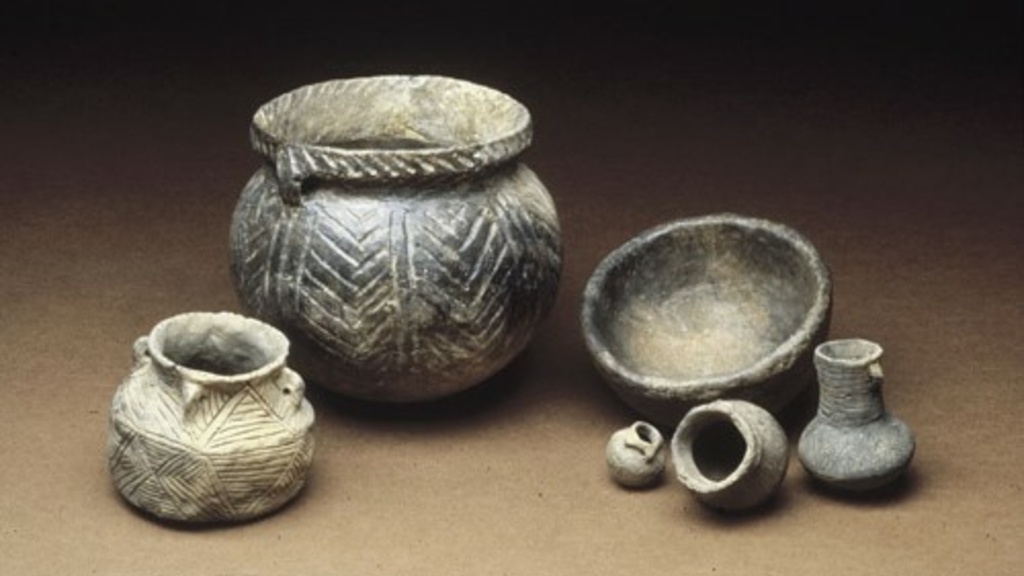
Live Cinema Choreography for Public Spaces
How might dance making and filmmaking methodologies intermingle to create “live cinema” as a new form of performance for public spaces? This project will dive into ideas of “live cinema” as manifested in two forms: 1) immersive, site-specific performance in which the audience's eye is directed as the camera, 2) site-specific performance as mediated through live-camera work. The collaboration aims to combine the immediacy of dance performance within a non-traditional space with the qualities and techniques of filmmaking to offer audiences an illuminated perspective on the places around them. The international team of artists will spend two weeks writing and test-driving iterations of a “live cinema" performance for small audiences. Through discussion and experimentation, the group seeks to merge theory and practice by articulating their overlapping methods from respective dance and filmmaking disciplines and then exploring these intersections within a co-creative process.
The goal of this interdisciplinary research is to expand a cross-cultural dialogue between filmmakers and choreographers, to enhance the working methods of each individual artist involved, and to walk away with a prototype for a larger “live cinema” collaborative performance suitable for national and international touring.
Co-directors: Stephanie Miracle (Dance, UI), Auden Lincoln-Vogel (independent filmmaker), and Maylis Sanchez (independent video artist)

International Perspectives on the Ethics of Generative AI and Children
As technologies become more ubiquitous in children’s lives, they have the potential of significantly impacting children’s cognitive development, given children’s neural plasticity. Generative artificial intelligence (GenAI) could amplify these impacts. The current discourse on the ethics of generative AI, while welcome, falls short, as it has been focused on adults, with opinions on ethical concerns coming primarily from experts and business leaders, with little effort to engage with the diversity of perspectives, realities, and values in our society. In addition, current ethical approaches tend to either be too high-level, or too technical to consider stakeholder perspectives and diverse contexts. This team's research complements the current conversation on the ethics of GenAI by focusing on children aged 3-12 and by taking a bottom-up approach that directly involves a broad set of stakeholders, including children.
This research team intends to engage a diverse group of stakeholders, including parents, teachers, and children in an extensive set of participatory activities to elicit their ethical perspectives on GenAI. The goal to be accomplished during Summer 2025 is to develop materials necessary to conduct the sessions, in English and Spanish, considering cultural and contextual differences between the USA and Spain. Expected materials include a questionnaire to gauge adult participants’ opinions on their hopes and fears with respect to children’s use of digital technologies, a guide to ethically salient characteristics of GenAI technologies, and scenarios of use of GenAI technologies based on current and future applications.
Co-directors: Juan Pablo Hourcade (Computer Science, UI) and Nuria Medina Medina (Computer Languages and Systems, University of Granada)

Plains Village Ceramics, AD 1500–1900
This comparative project on Indigenous Great Plains ceramics will address pots in recent and ancestral communities of Čariks i Čariks (Pawnee), Kitikiti'sh (Wichita), and Mandan, Hidatsa, and Arikara Nation (Three Affiliated Tribes), starting with the early period of European contact after AD 1500. Using their expertise in the ceramic traditions of different groups, the three participants will describe and compare vessels across space and over time in the AD 1500–1900 period, placing this technology within social, political, and economic context.
Native ceramics in the Northern and Central Plains help tell the story of women’s workloads, interaction and movement, resource and landscape use, technological change, and strategies of survivance in the volatile period of European colonization. The team will start its active collaboration on this project with material in hand from members' own research on Pawnee (Beck), Wichita (Trabert), and Arikara and Hidatsa (Hollenback) ceramics.
The group's long-term goal is to produce a monograph-length work that will (1) reconstruct and describe Plains Village craft knowledge; (2) share another perspective of events in the AD 1500–1900 period through the lens of material culture—and a product of women’s skill and labor; and (3) help train archaeologists in ceramic analysis with a holistic view of vessels and their roles in Plains peoples’ lives.
Co-directors: Margaret Beck (Anthropology, UI), Sarah Trabert (Anthropology, University of Oklahoma), and Kacy Hollenback (Anthropology, Southern Methodist University)

The Thorn Bush Project
This group will pilot an interactive theater workshop based on Jewish Russian author David Aizman’s revolutionary play The Thorn Bush (Ternovyi kust, 1906), which was originally written in response to the revolutionary upheavals of 1905 in the Russian Empire, aligning Jewish liberation with workers’ liberation. The workshop will activate Helen Stuhr-Rommereim’s new English translation of this vital but forgotten work and explore the challenges and potentials of revisiting agitational art at a distant remove from its original, urgent context. Together with participants drawn from the local community, Kasimow and Stuhr-Rommereim will interrogate the possibilities of linguistic translation, embodied theatrical translation, and the translation of political theater across time and cultures. They will explore the questions The Thorn Bush provokes that are relevant for our unsettled present-day world: How do generational political divides play out in domestic space? How can we imagine a future in the face of catastrophe? Across what bonds and personal stakes will people collect to demand a future?
Following the grant period, the group will pursue opportunities to conduct the workshop in performance, community, and academic venues in the United States, the United Kingdom, and Eastern Europe. They plan to publish a full scholarly translation of The Thorn Bush with a collaboratively written introduction reflecting on the series of workshops in order to make both the play and the insights of the workshops available to scholars and practitioners. They will also publish an excerpt of the play with an introductory essay in a literary magazine.
Co-directors: Johanna Kasimow (Theatre Arts, UI) and Helen Stuhr-Rommereim (Russian Language, University of St. Andrews)